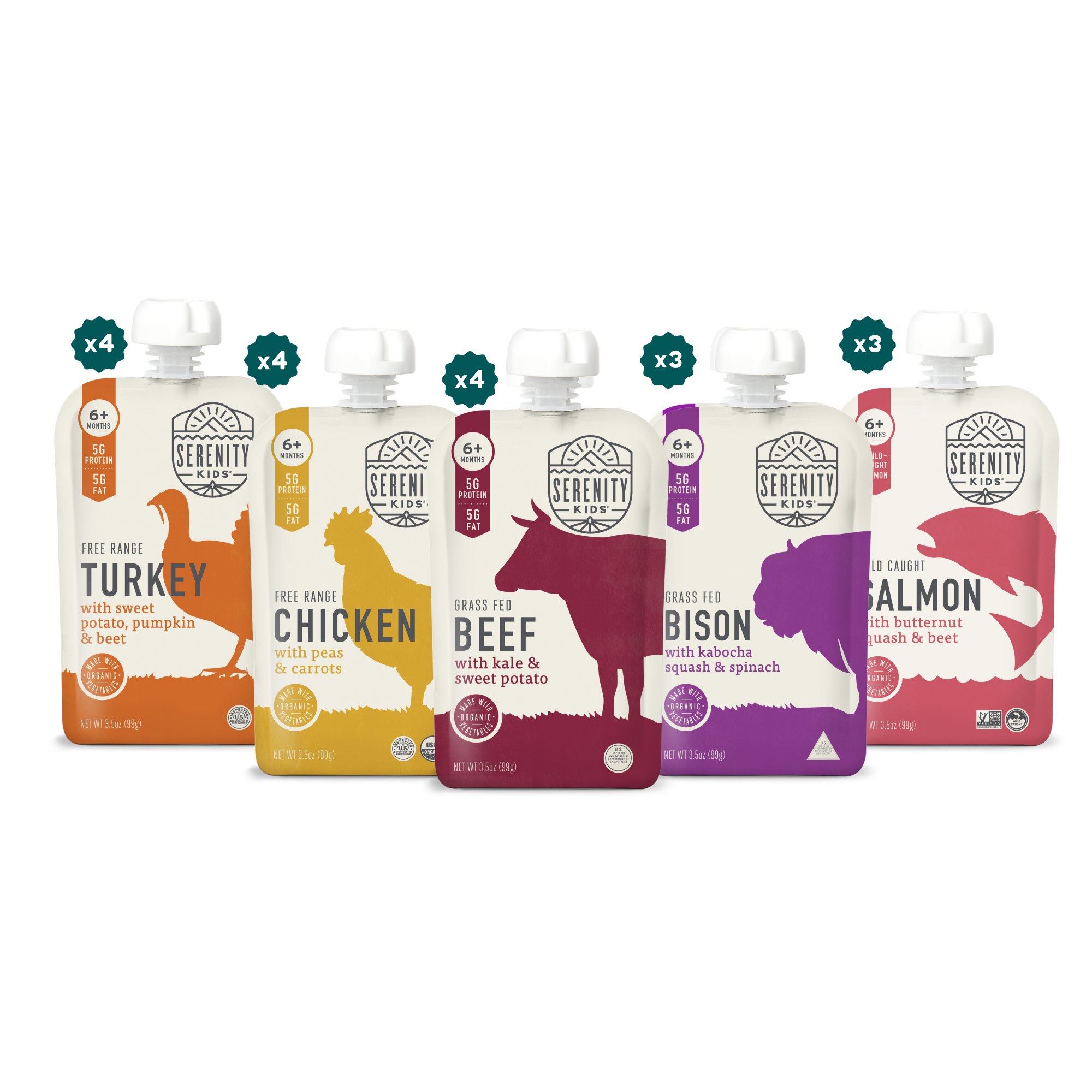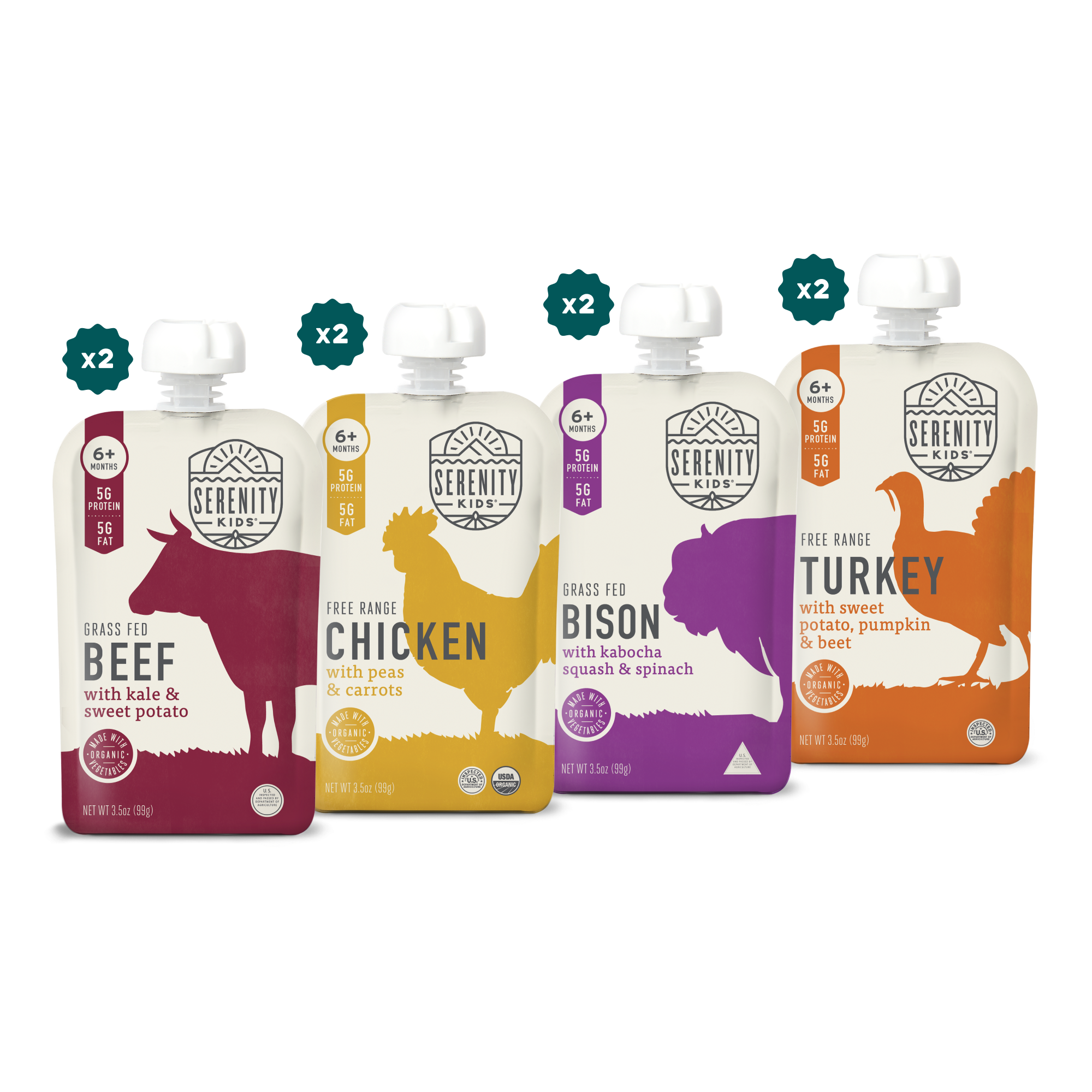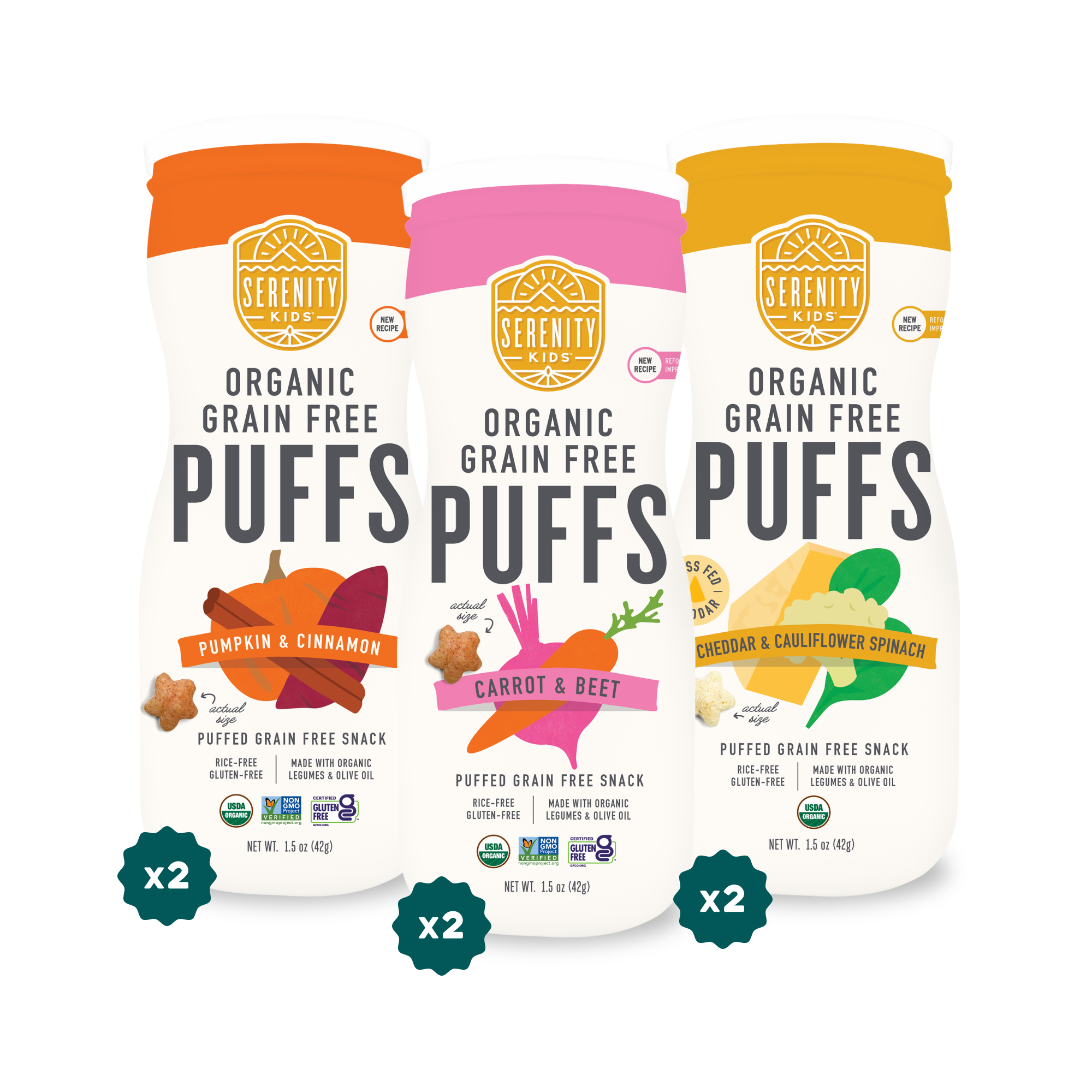TABLE OF CONTENTS
Written by Bold Commerce Collaborator
February 21, 2018
Obesity Starts in Infancy - Interview with Dr. Michelle Levitt

We had the privilege of interviewing Pediatric Obesity Specialist Dr. Michelle Levitt. After 20 years as a practicing board certified pediatrician, she's taken on the mission of educating families about how to use food to prevent childhood obesity and other illnesses. Learn simple ways you can improve the health of your family!
Tell us a little bit about your background.
I am a pediatrician who has been practicing for over 20 years. For the past 8 years I have taken a special interest in childhood obesity and healthy weight management. I have 2 boys, ages 16 and 20, and after having children I developed a passion for nutrition and fitness. In addition to being board certified in both Pediatrics and Obesity medicine, I am also a certified personal trainer and group fitness instructor. I love all things nutrition, fitness and wellness!
Why did you decide to focus on childhood obesity?
I was always a little “chubby” growing up and after having children of my own struggled with my own weight issues. I began researching everything there was to know on nutrition and fitness. My journey to achieving a maintaining a healthy weight sparked my desire to help others do the same. Initially, I was helping adults through wellness coaching but my heart has always been in impacting the lives of children. I decided to focus on childhood obesity because in my practice, I realized that most physicians don’t have training in this and the overweight and obese kids were not getting the care they needed. Now, I have an additional focus on preventing childhood obesity altogether!
How does diet during infancy contribute to childhood obesity?
Once thought to be genetic, we now know that genes only play a small role in the development of obesity. Complex behavioral, socioeconomic and environmental influences all interact to contribute to childhood obesity.
Infancy is a time of exceptional development, growth, and plasticity. Because of this, what, when, and how we feed our infants can have a protective effect against obesity. Breastfeeding offers more protection against obesity than formula feeding. Early introduction of solids (before 4 months of age), such as putting rice cereal in bottles or introducing juice, and contribute to obesity later on.
Lastly, what first complementary foods we offer infants can play a contributing role as well. If infant cereal, fruits, and sweet vegetables are introduced first, this immediately starts altering the palate and the infant and subsequently the toddler will often prefer sweeter foods and reject savory (more nutritious) foods.
What is the "flavor window"? Why is it important?
The flavor window is the period of time in which humans are most receptive to a variety of new flavors. The window is most open between ages 4-7 months and then slowly closes by about 18 months. I believe there are also important flavor windows prenatally and from birth to 4 months. The infant palate is influenced by what mom eats during pregnancy and while breastfeeding. If formula feeding, the type of formula along with other variations can contribute to flavor learning.
Research has shown that a combination of repeating and alternating flavors is crucial to developing flavor intelligence. If you have an older child, all hope is not lost if you missed this window, humans can learn to love flavors at any age! We can pry this flavor window open with exposure and persistence. Research shows a range in the number of times you need to offer foods anywhere from 10-40 times!
What can parents of infants do to prevent their child from becoming obese?
Breastfeed! If you cannot breast feed, try to at least feed expressed milk and if you cannot do that, consider getting donor milk. What you eat while breastfeeding is important, you must expose yourself to lots of flavors as well.
If you must formula feed, consider using hydroslyate formula as it is not as sweet. Some have even advised changing the formulas to get different flavors. You can also use a small amount of water (no salt) from cooking a variety of vegetables when mixing up your formula.
Do not introduce solids before 4 months. Although the flavor window is defined as 4-7 months, your pediatrician may recommend you wait until 6 months to introduce first foods. I recommend first foods such as egg yolks, pureed meats, and superfoods like liver and avocado. Combining those with vegetables is great too. Offering flavors on a rotating schedule repeatedly is best. I do not recommend infant cereal at all as a first food. Be cautious with introducing fruit too early, as the sugar is not necessary and we already have an innate preference for sweet flavor. Also, there is never a reason to give your baby juice (even “100%” juice) so I’d suggest you skip the juice.
In addition, make sure your infant gets good sleep, age-appropriate “activity” and is not exposed to screens of any type.
What can parents of obese children to do improve their health?
Improving our family’s health can seem overwhelming but remember, small, simple changes have big impact! I recommend working with a trained health professional or coach to help with assessments, education, encouragement and support.
If you are unsure where to begin but would like to do some things yourself at home, here are a few basic changes to get you started:
The first thing I would recommend is stopping all sugar sweetened beverages including juice.
Next, I recommend changing one meal at at time so that it is not overwhelming.
The easiest meal to change is breakfast. Remove all sugar or grain-filled breakfast items and replace with meals that includes protein + fiber + fat (for example eggs + vegetables or fruit). I love introducing green smoothies at any age! This is an easy way to get veggies in your child and start changing their taste buds to crave healthy foods.
For lunch and dinner, fill at least half to three fourths of the plate with non-starchy veggies and measure any starch (rice, potato, pasta, etc) to one fourth of the plate maximum.
For snacks, avoid processed packaged products and try fresh fruit and veggies paired with a protein or healthy fat (apple and cheese, celery and nut butter, etc.) See more snack options.
Eventually, the goal will be to remove all processed, packaged food from your home and replace with real, whole foods. This is a process and takes time so be patient.
In addition to nutrition, the other pillars of health include: sleep, mental health/stress management, and physical activity/movement (along with decreasing sedentary screen time). If you are not quite ready to tackle changing over the food, choose one of these areas to work on and this can build momentum leading keep going on the road to good health.
How can I learn more?
I offer a comprehensive virtual program that gives you everything you need to “unprocess” your family, and transition to a holistic diet and lifestyle. Learn More!
You Might Also Like
· 1 min read · Recipes
· 7 min read · Education















































